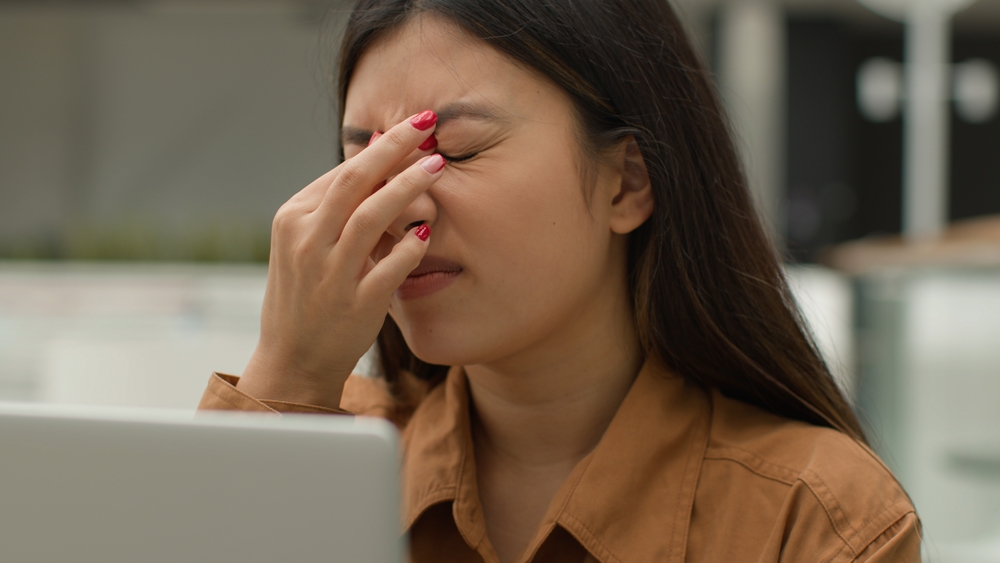Memorial Vision Blog
Learn more about optometry care in our blog!

In today’s modern world, many of us spend hours staring at screens—whether it's a computer for work, a tablet for reading, or a smartphone for staying connected. While technology offers convenience, it also brings a common issue: eye strain. The good news is that the right pair of glasses can make a significant difference. Here’s what to look for when choosing lenses designed to reduce eye strain and improve your visual comfort.

If your child struggles in school, what is the first thing that comes to mind? Maybe you consider their study habits or wonder if they are distracted by everything. How often do you think about their eyesight? Vision plays a more significant role in academic success than many parents realize.

Have you ever noticed tiny spots, cobwebs, or squiggly lines drifting across your field of vision, especially when looking at a bright background like a clear sky or a white wall? These are called eye floaters, and they are quite common. Though they may seem concerning at first, most floaters are harmless. However, there are times when floaters can indicate a more serious underlying condition.

Macular degeneration is a leading cause of vision loss and blindness in older adults. This progressive eye condition affects the macula, the central part of the retina responsible for sharp, central vision. As the macula deteriorates, individuals with macular degeneration experience a gradual loss of their central vision, making it increasingly difficult to perform everyday tasks such as reading, driving, and recognizing faces.

LASIK is a popular surgical procedure that corrects vision problems such as nearsightedness, farsightedness, and astigmatism. By thoroughly evaluating your eye health, understanding your expectations, and gathering the necessary information, your optometrist can determine if LASIK is the right option for you and create a personalized treatment plan.

When you think about maintaining good health, you might focus on activities like exercise, getting enough sleep, and managing stress. However, have you considered the profound impact your diet has on your health, specifically on your eyes? Nutrition and eye health are intricately linked, and the foods you consume can either support or undermine the health of your eyes. By nourishing your body with the right nutrients, you can help protect your eyes against age-related issues and other vision impairments.

The pursuit of healthy vision is a lifelong journey. From infancy to the golden years, the eyes require different types of care. In your adult years, this involves a balance of proper nutrition, protective measures against harmful UV rays, and the critical element of regular check-ups with an eye care professional. By understanding and embracing the components of eye health, you solidify your commitment to preserving your vision.

The health of our eyes, particularly our retinas, is something we often take for granted. Retina problems can significantly affect our vision and overall quality of life.

In the realm of optometry, dry eye is a prevalent ailment that affects millions of individuals worldwide. This condition, characterized by a chronic lack of sufficient lubrication and moisture on the surface of the eye, can lead to discomfort and visual disturbances such as blurry vision. Understanding their link and knowing the appropriate steps to take can significantly help in managing these conditions.

Specialty contact lenses are not your regular contact lenses. While these lenses can significantly improve your vision, it's essential to know how to use them correctly to maintain your eye health.









